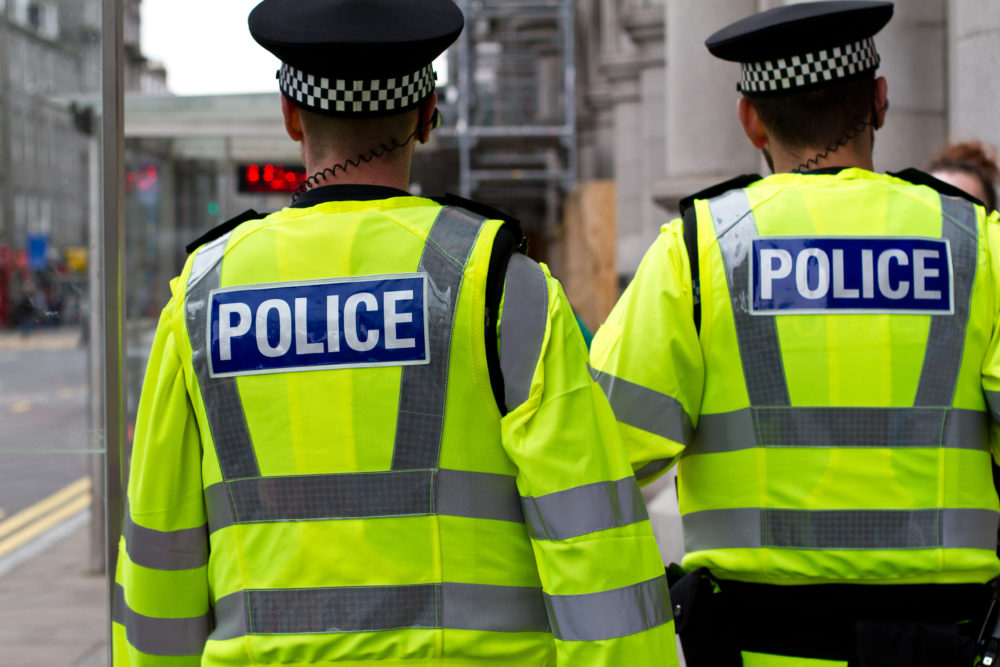
latest
Police force will bill NHS for time spent on mental health calls
Bedfordshire police force is one of several to say that it can no longer afford to allocate officers to dealing with people experiencing mental health problems

“We can’t have police officers spending seven hours in A&E. It’s not just about money. It’s about the resources taken from the frontline doing proper policing jobs." Festus Akinbusoye, police and crime commissioner, Bedfordshire
Bedfordshire police force is to begin charging the NHS for the time officers spend on unnecessary mental health calls, the Telegraph has reported.
Festus Akinbusoye, the force’s police and crime commissioner, has calculated that the county’s police officers spend at least 53,000 hours a year dealing with people with mental ill health. This is equivalent to losing 23 full-time police constables from fighting crime.
He has told his force to draw up a detailed breakdown of the costs and officers’ time in order to bill the NHS quarterly for the “unsustainable” costs. “We can’t have police officers spending seven hours in A&E. It’s not just about money. It’s about the resources taken from the frontline doing proper policing jobs,” Akinbusoye said.
Once he has the audit of costs, he said, he would send it to the relevant health trusts: “I will say: ‘This is how much you have cost me. Do you want us to find a way of resolving this or do you want to pay this bill to the force?’ It is not sustainable.”
Other forces have decided to stop responding to mental health call-outs in favour of focusing their efforts on tackling crime.
Reallocating officers to tackle crime
Chris Noble, chief constable for Staffordshire Police, told the Telegraph his officers could no longer spend “more time in A&E” than they do dealing with domestic abuse victims. “In terms of us becoming de-facto ambulances and transporting people and spending more time in A&Es than we do in the home of a domestic abuse victim – I’m just not going to do that any more,” he said.
“We’ll give people proper notice, we’ll think about how we can build in those checks and balances and train our staff appropriately,” he added. “But if, quite rightly, I’m going to be held to account around crime, disorder and supporting vulnerable people who are victims of crime and harm we cannot be doing what we are currently doing. It’s not going to be a cliff edge but something different needs to happen.”
Humberside Police has negotiated an agreement with the NHS so that police officers are quickly replaced by health specialists if they are the first on the scene. “What this has meant is that more than 1,000 officer hours per month have been reallocated to enable us to focus on what communities want us to be doing, that being proactive policing,” said Humberside’s chief constable, Lee Freeman.
FCC Insight
This story illustrates that the growing numbers of people with mental health problems is not a problem that only affects the NHS. It has a much wider knock-on effect on other agencies. Police forces estimate that they spend between a fifth and a third of their time on mental health call-outs, which can involve sitting with a patient in A&E. As a result, their ability to tackle crime effectively is diminished. It is now up to the government to make sure that the NHS has the funding and the staff to deal with people who are mentally ill, and to allow the police to deal with crime and not those in need of specialised medical assistance